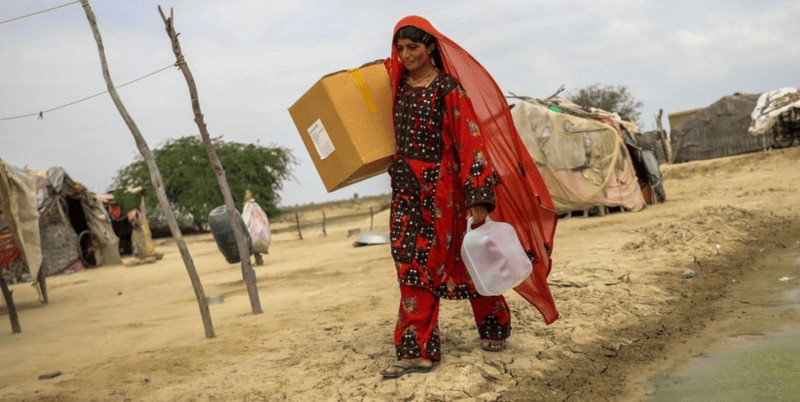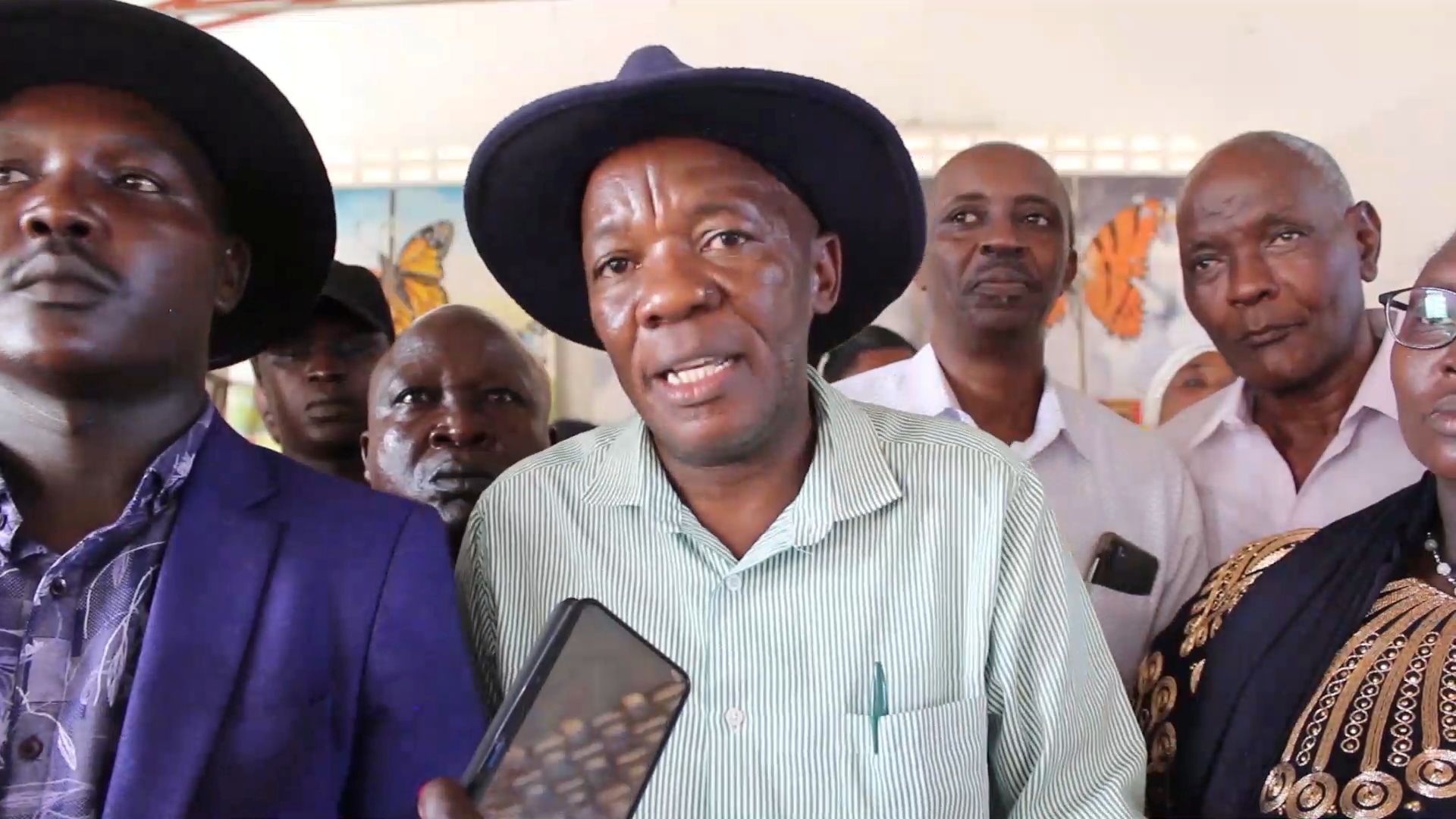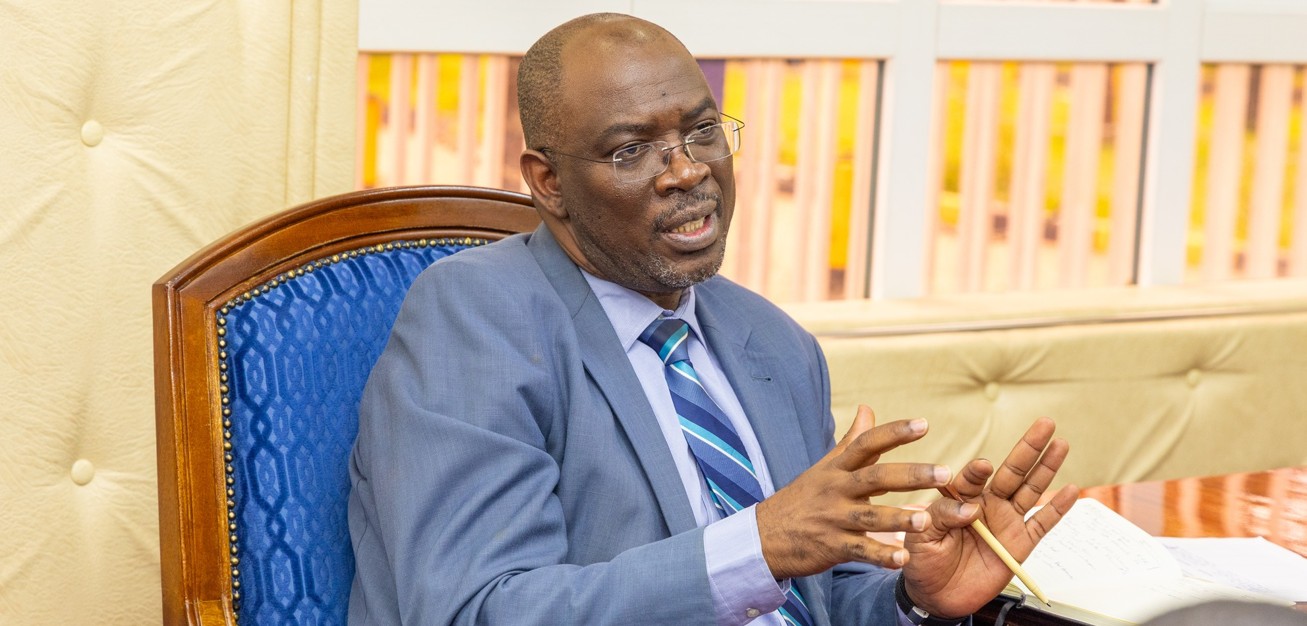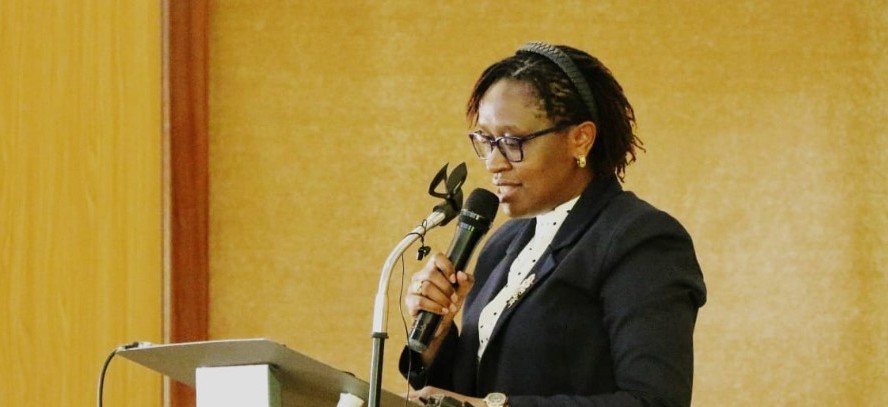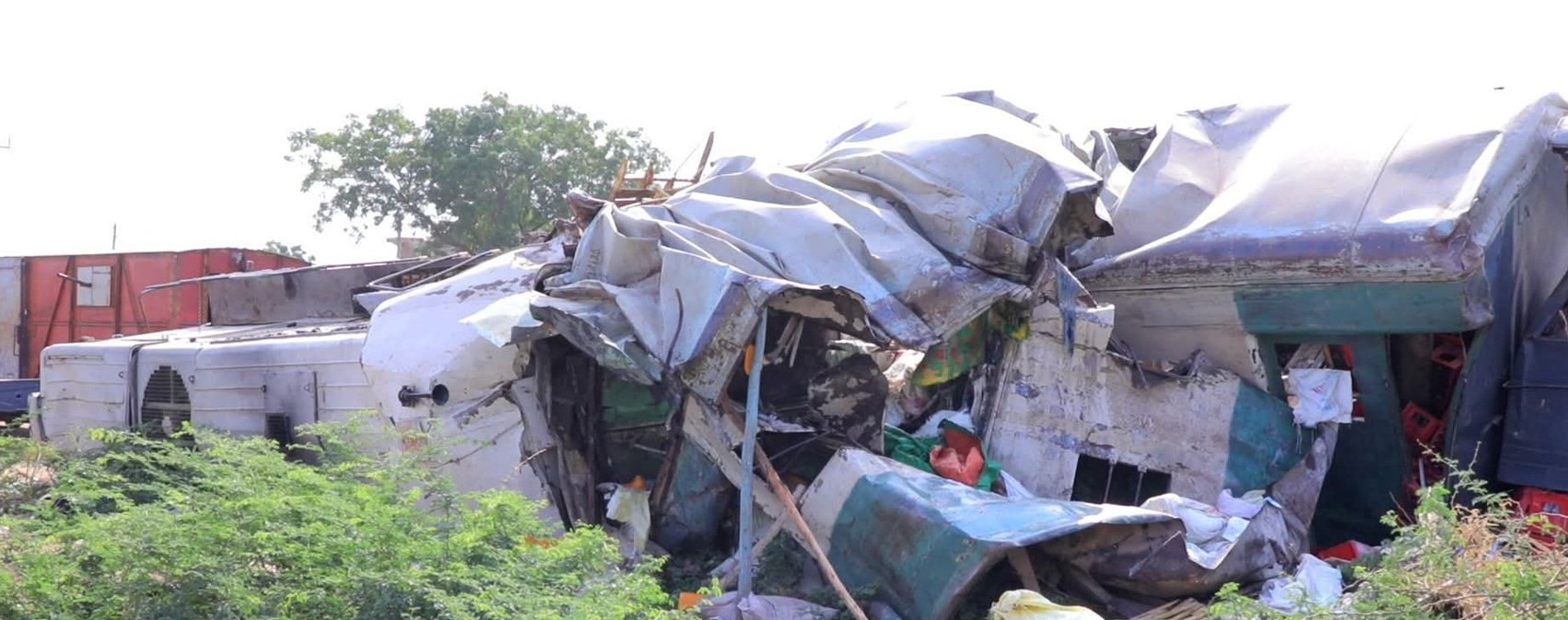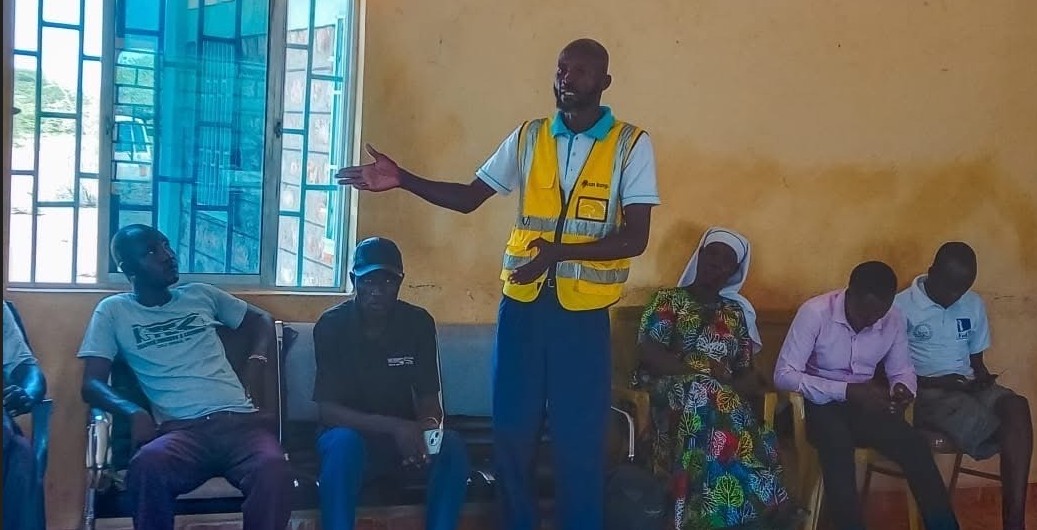Kenya to bring back some scrapped tax plans, risking more unrest
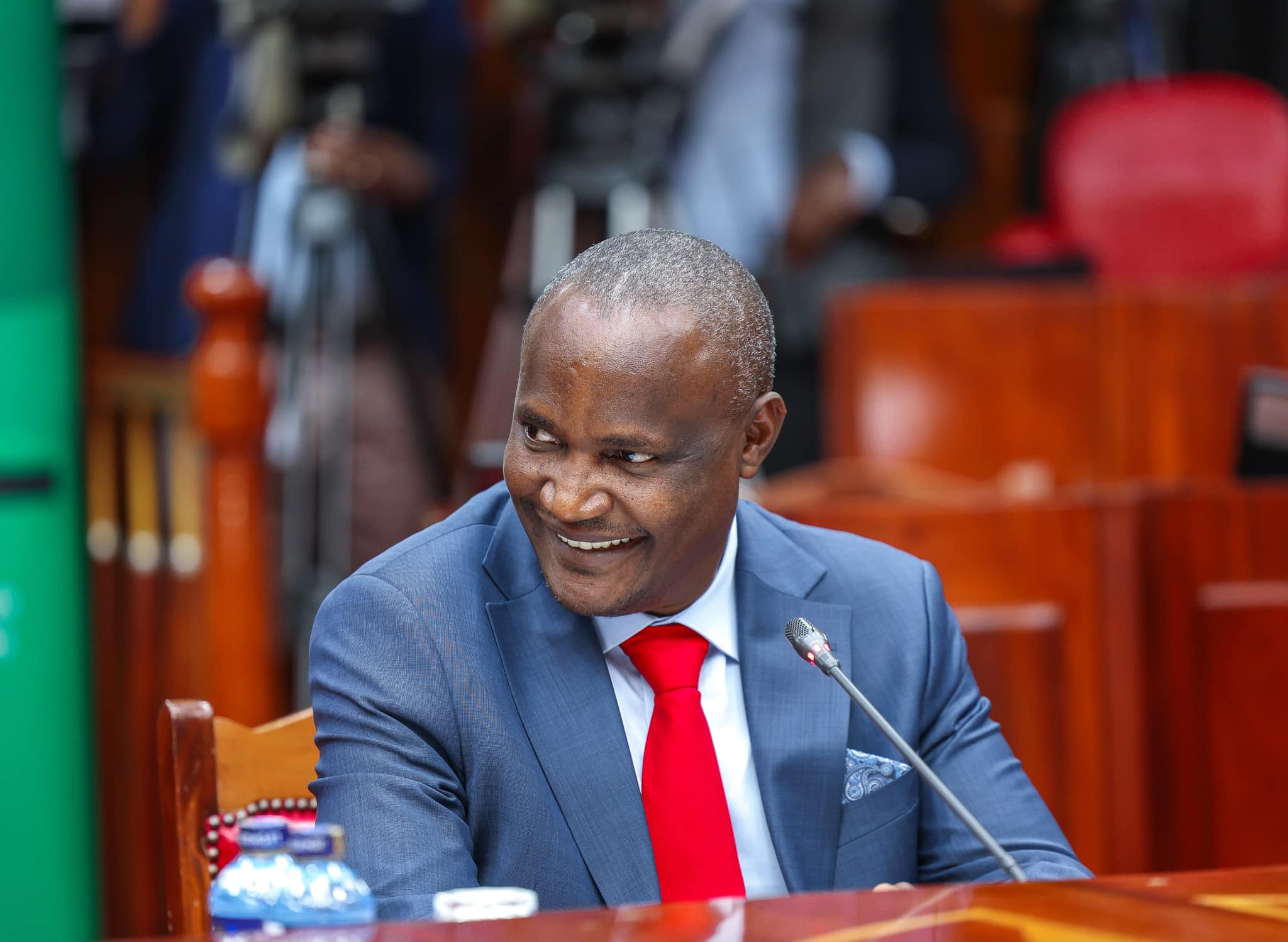
President William Ruto abandoned the finance bill for this fiscal year on June 26, and later dismissed most of his cabinet, bowing to pressure from protesters who had stormed parliament and launched demonstrations across the country.
Kenya's government will have to bring back some tax measures that it scrapped after deadly protests in June, the finance minister said, raising the risk of further unrest.
John Mbadi told Citizen TV in an interview broadcast on Sunday night that some of the measures would be tweaked and not all would be revived, but they were needed to pay for expenditures, including wages for teachers.
More To Read
- Kenyan CEOs warn of tough times as high costs, taxes squeeze businesses
- LSK’s Faith Odhiambo quits Ruto’s victims compensation panel over legal delays, court hurdles
- No new levies in 2026 budget as Treasury focuses on improving revenue efficiency
- LSK faults CS Murkomen over defiance of High Court ruling on masked police officers during protests
- The impact of the recent Finance Bill on different sectors
- Court upholds lawyer’s Sh498 million fees in tax case against Nairobi County
Some people who were involved in the youth-led protest movement that rocked the East African nation said they were ready to go back onto the streets after the minister's announcement.
"I was going to take a one month break from social media... but it seems that there is no rest for me," Hanifa, who only uses one name, wrote on X.
"The struggle continues. @WilliamsRuto I dare you to bring back the finance bill," she added.
President William Ruto abandoned the finance bill for this fiscal year on June 26, and later dismissed most of his cabinet, bowing to pressure from protesters who had stormed parliament and launched demonstrations across the country.
The bill contained new taxes and hikes to raise an extra Sh346 billion ($2.70 billion)—plans that the protesters said would pile pressure on a population already struggling with surging living costs.
 Police officers clear debris erected by protesters along Koinange Street in Nairobi. (Photo: Barack Oduor/EV)
Police officers clear debris erected by protesters along Koinange Street in Nairobi. (Photo: Barack Oduor/EV)Police officers clear debris erected by protesters along Koinange Street in Nairobi. (Photo: Barack Oduor)
Mbadi, who was brought into the cabinet from the opposition benches as Ruto tried to prop up his government, had ruled out further tax hikes during his first public remarks in the post on Aug. 4.
In the interview on Sunday, he said the government planned to reintroduce what he called an eco-levy on most goods - though plans to tax essential products such as sanitary pads, which were a focal point for protesters' anger, would be dropped.
"For eco-levy, we would target those areas that do not affect the common citizen," he told the private broadcaster. The measures were needed to fund emerging government expenditures, and will be taken to parliament by Sept. 30, Mbadi said.
The government has been caught between the competing demands of hard-pressed citizens and lenders such as the IMF, which is urging the government to cut deficits to obtain more financing.
After the bill was dropped, the government cut spending and widened the fiscal deficit.
Neither Mbadi, nor the finance ministry, responded to Reuter' requests for comment on the interview.
The new moves would raise Sh150 billion, Citizen TV reported. The minister rejected criticism of the levy by businesses operating in Kenya.
Other Topics To Read
"This country is not a dumping place. If you are injurious to the environment, then you must pay to make good what you have caused," he said.
The government was working to bring back 49 clauses from the original bill, some meant to streamline laws without raising or introducing new taxes, Mbadi told the broadcaster.
($1 = 128.2500 Kenyan shillings)
Top Stories Today


